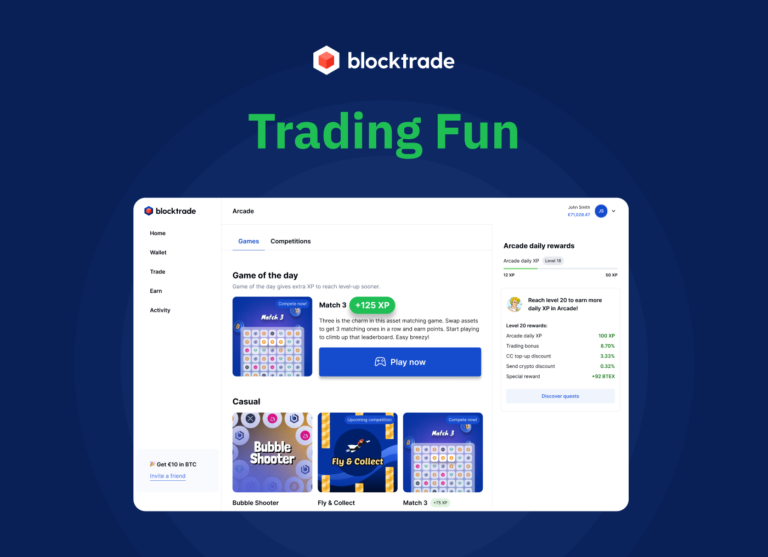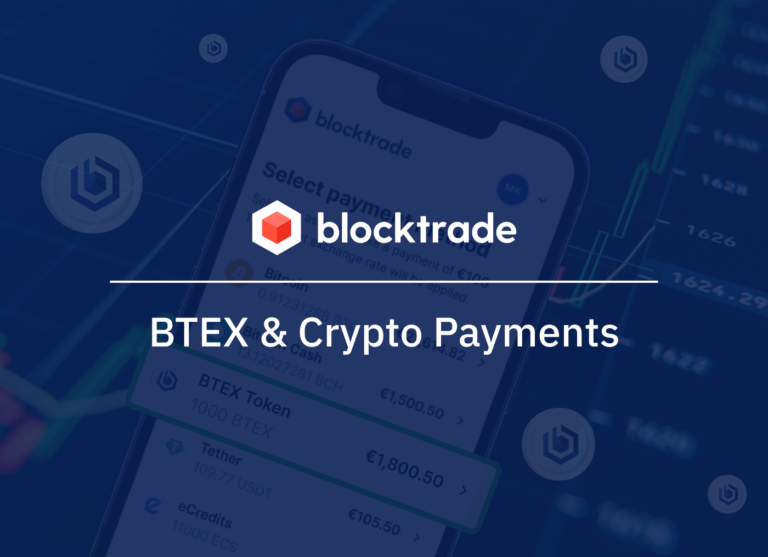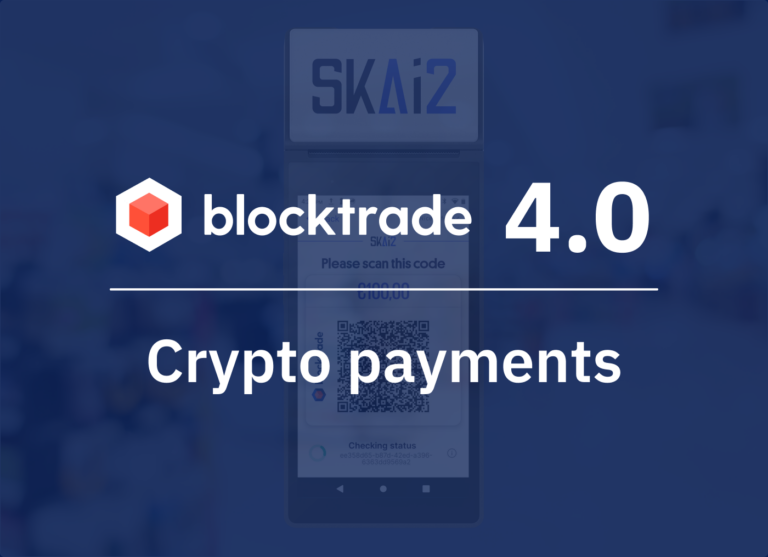Decentralization and peer-to-peer trading are two core ideals of the Bitcoin and blockchain community. After all, Satoshi Nakamoto entitled bitcoin “a peer-to-peer electronic cash system”. Yet, the vast majority of users buy and trade crypto via centralized exchanges with market makers or brokers on the other side of the trade.
Centralized exchanges and brokers have established themselves for various reasons – higher usability, convenience, efficiency, lower costs and regulatory compliance. Yet, some hardcore crypto enthusiasts and “Bitcoin maxis” (Bitcoin maximalists) are opposing them vehemently and are looking for a peer-to-peer alternative.
This is where peer to peer trading (P2P trading) comes in. With P2P trading, traders can buy directly from or sell to other crypto users without the involvement of intermediaries like brokers, exchanges or market makers. In this article, we will explain what peer-to-peer trading is, how it works, what its pros and cons are and whether you should make use of it.
What is P2P or peer to peer Trading?
The term “peer-to-peer” describes networks where users can connect and interact directly in order to exchange data or information as opposed to classical “server client” models with unidirectional data transfer that clients requested from a central server.
Popular p2p file sharing networks like Napster (currently sold to Hivemind and Algorand) or the BitTorrent protocol enabled users to exchange and download data directly from each other’s computers, providing redundancy and reliability in context in contrast to centralized models.
The Bitcoin protocol made it possible to transfer value or money in a trustless, decentralized manner. “Peer-to-peer trading”, or p2p trading, has established itself as the term for buying and trading cryptocurrencies like Bitcoin, Ethereum, XRP and many more, directly between two users without involvement of centralized intermediaries like brokers exchanges or market makers.
Let’s take an example:
If I want to buy 0.1 BTC from you at a current market price of US$3.000, I will send you US$3.000 and you send me 0.1 BTC in exchange to my BTC wallet. We transfer directly, no other parties involved. However, as trusting issues arise, we will usually involve an escrow service. In the context of peer-to-peer trading, an escrow service is a third-party intermediary that holds the funds or assets involved in a transaction until both parties have completed their part of the trade. So money is only released once both parties have made their transfer.
With peer-to-peer trading, the two parties can and have to agree on a price that doesn’t have to reflect the current market price. In order to find a buyer or seller at the desired price, we can use P2P trading platforms where buyers and sellers place ads to advertise their proposed trades.
How Peer to Peer (P2P) Trading Works
Peer-to-peer trading starts with a buyer or seller who is looking to trade directly with another user. They will go to a P2P trading platform, go through registration and verification procedures and then place an ad to propose their trade, e.g., “I want to buy 0.1 BTC at a price of US$3.000”.
Interested sellers that agree to the offer can then contact the buyer on the platform and the two parties agree on a trade. They will be connected via an escrow service on the P2P platform that makes sure the BTC is only released once the buyer has paid and transferred US$3.000.
To learn more about the trustworthiness and reputation of the other party to trade, buyer and seller can check the reviews about the user on the P2P platform. After the trade has been completed, both users are encouraged to leave a review about their experience to further bolster the reputation system and ultimately foster trust on the P2P trading platform.
While P2P trading still occurs directly between the users, usage of an escrow service is essential to prevent all-too-common security risks, fraud and scams.
Pros and Cons of P2P Trading
Now the question is, should you buy crypto via P2P trading? Well, let us answer this question after finding out more about the pros and cons of peer to peer trading and determine whether we can manage the challenges and embrace them.
Benefits of Peer-to-Peer Trading
Zero trading fees: Some P2P trading platforms do not charge any commission or transaction fees whereas centralized crypto exchanges usually charge between 0.1-0.3% in trading fees. However, high gas fees/network fees for the on-chain transfers may be incurred.
Payment methods: Because it comes down to the preferences of the individual users, with P2P trading users may benefit from additional or more flexible methods of payment compared to centralized exchanges usually “limited to” SEPA, credit card or PayPal.
Escrow services: As the necessity to trust the other party is even higher with P2P trading, it is usually an involved escrow service that lets users comfortably initiate transfers as money is only released once the other party has completed their part of the trade. However, we have to point out that not all P2P trading platforms offer escrow services and those that do, usually charge fees in exchange.
Reputation systems: To have a better idea of the trustworthiness of a buyer and seller, P2P trading platforms have implemented reputation systems with reviews. Buyers and sellers can check the reviews of the potential trading partner before going ahead with the transaction.
Direct communication: With P2P trading, buyers and sellers can communicate directly with each other, which can facilitate faster and more efficient transactions. This can also provide an opportunity for users to build relationships with other members of the crypto community.
Decentralization: P2P trading allows for a more decentralized approach to buying and selling cryptocurrencies, as there is no central authority or intermediary controlling the trades. This aligns with the fundamental principles of blockchain technology and the vision of a decentralized financial system.
Challenges of peer-to-peer trading
Slow transactions: For a transaction to be completed, both parts of the trade have to find each other first before completing their transfers. It can take multiple days before the entire process, including release from escrow, is completed. In some cases, the other party may cancel at the last minute.
No AML/KYC: As AML/KYC is absent with most P2P trading platforms, regulatory compliance is usually lacking. While some users may prefer not having to complete AML/KYC, it also means that they cannot trust the identity, reputation or integrity of platform participants.
Fraud and scams: Unfortunately, the lack of identity verification lets fraudsters and scammers flock to P2P trading platforms. Various scams are common such as users never actually paying, asking to share personal information or luring buyers in with ridiculously low prices. They may also use manipulated screenshots to pretend like they have already paid when they actually haven’t. Some users may instill a sense of urgency in order to get the seller to prematurely release the funds from escrow.
Lower liquidity: The users may not be able to buy or sell quickly or at the price they desire as they have to find a single individual that agrees on the proposed terms of the trade. This can be particularly painful when the market price abruptly moves in an unfavorable direction.
Limited availability: P2P trading is often limited to certain regions or countries, which can make it difficult for users to find suitable trading partners. This can be particularly challenging for users in areas with low adoption rates of cryptocurrencies.
Technical expertise: P2P trading requires a certain level of technical knowledge and skill, as users need to have a good understanding of how blockchain technology works, as well as how to use digital wallets and manage private keys. This can be a barrier to entry for some users who may not be familiar with the technical aspects of cryptocurrency trading.
The verdict: Should you buy crypto via P2P trading platforms?
Peer to peer trading concerns the buying and selling of cryptocurrencies directly between users – no intermediaries involved. It offers benefits of more flexible payment methods and prices along with increased privacy for P2P trading platforms that don’t require AML/KYC.
Yet, it has numerous downsides compared to centralized exchanges: lack of liquidity, transactions take a long time, constant threat of scams and fraud and lack of trust in platform members. Unless you are a Bitcoin maximalist or distrust centralized exchanges in general, we strongly recommend skipping over P2P trading and choose a regulated, licensed crypto exchange like Blocktrade instead.
To learn more about different crypto buying methods check out:
Buy XRP with credit card
Buy Tether by PayPal
FAQ
What is peer-to-peer trading?
Peer-to-peer trading is a type of direct trading where two individuals exchange assets without intermediaries such as exchanges or brokers.
What are the benefits of peer-to-peer trading?
Benefits of peer-to-peer trading include zero trading fees, more flexible payment methods, escrow services, reputation systems, direct communication and decentralization .
Is peer-to-peer trading safe?
Peer-to-peer trading carries higher risk than centralized trading due to lack of regulatory compliance and potential for fraud. However, with proper precautions such as using reputable platforms and verifying identities, it can be a safe way to trade.
How can I get started with peer-to-peer trading?
To get started with peer-to-peer trading, you need to find a platform that supports the assets you want to trade and offers the features and security measures that suit your needs. Once you have found a platform, you can register, create a profile, and start trading with other users.







